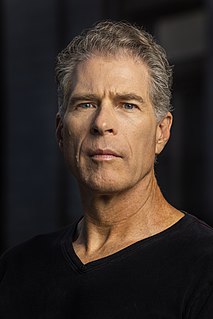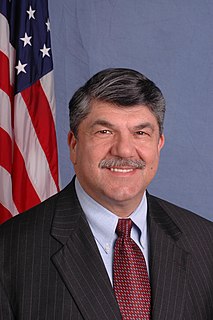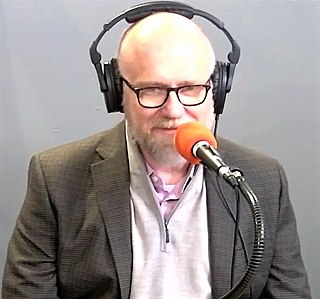A Quote by Pope Pius XI
The ultimate consequences of the individualist spirit in economic life are those which you yourselves, Venerable Brethren and Beloved Children, see and deplore: Free competition has destroyed itself; economic dictatorship has supplanted the free market; unbridled ambition for power has likewise succeeded greed for gain; all economic life has become tragically hard, inexorable, and cruel.
Related Quotes
Some people continue to defend trickle-down theories which assume that economic growth, encouraged by a free market, will inevitably succeed in bringing about greater justice and inclusiveness in the world. This opinion, which has never been confirmed by the facts, expresses a crude and naive trust in the goodness of those wielding economic power and in the sacralized workings of the prevailing economic system.
Neoliberalism became the leading economic ideology in the U.S. and in the U.K. during Ronald Reagan's and Margaret Thatcher's mandates. In this way, the leaders of the free world offered a viable solution to the economic crisis at the time: competition, deregulation, outsourcing, to name a few buzz words that have since become common place.
My belief in free competitive economic enterprise does not rest solely or even mainly on arguments of economic efficiency, though, heaven knows, these are cogent enough. It rests essentially on the view that the free market is the only safe way of ensuring that productive effort is directed towards supplying what individuals actually want, and in a way which secures the dignity and independence of the worker.
I have read a great deal of economic theory for over 50 years now, but have found only one economic "law" to which I can find NO exceptions: Where the State prevents a free market, by banning any form of goods or services, consumer demand will create a black market for those goods or services, at vastly higher prices. Can YOU think of a single exception to this law?
Agency, or the power to choose, was ours as spirit children of our Creator before the world was. It is a gift from God, nearly as precious as life itself. Often, however, agency is misunderstood. While we are free to choose, once we have made those choices, we are tied to the consequence of those choices. We are free to take drugs or not. But once we choose to use a habit-forming drug, we are bound to the consequences of that choice. Addiction surrenders later freedom to choose.































